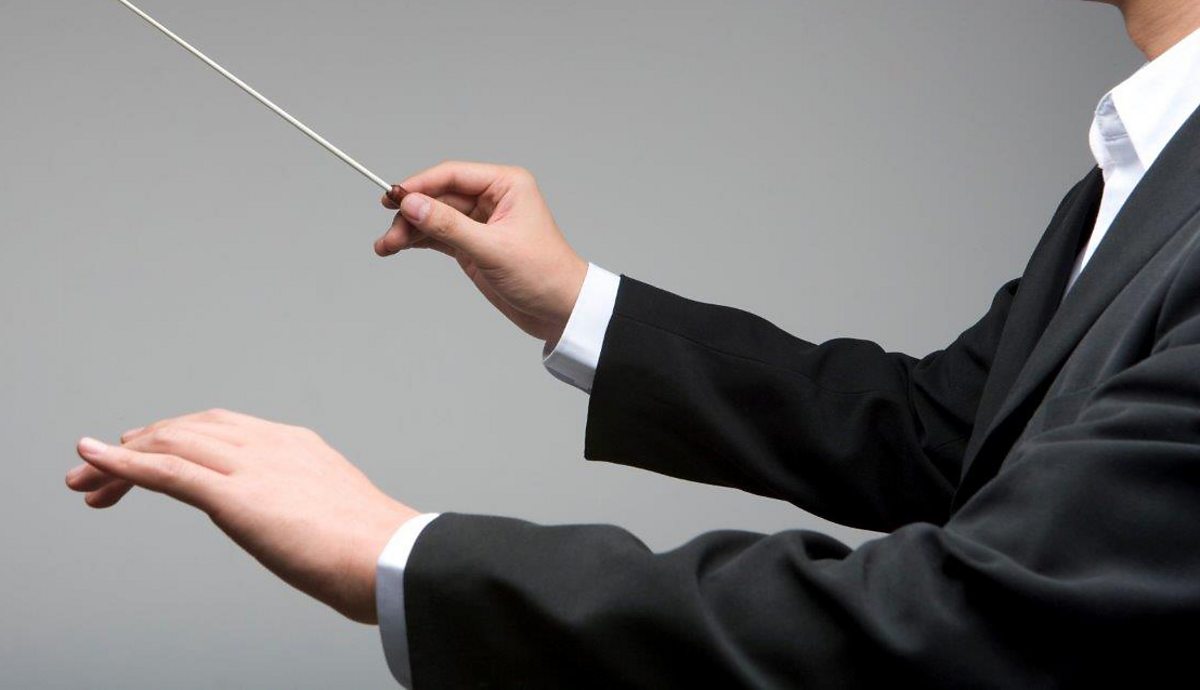What do conductors do?
Collapse
X
-
 Ariosto
Ariosto
Interesting article. I agree with some of these comments but in my very limited experience, the conductors that make a big show are the least musical. Someone like Goodall could do it almost invisibly, and yet the audience were always experiencing a high, from the unique shape he gave to the music. And they loved it when he shouted at the singers!
-
Not a totally trivial comparison, I hope, but it seems to me that like a football manager, the conductor's main work has already been done on the training ground and what is done on the night is mostly up to the performers, whatever gesticulatory input is offered on the night from the touchline - much of which is playing to the gallery. Of course, the conductor has the disadvantage of not being able to bring on substitutes in cases of under-performance by individual team members or headbutting anyone who causes annoyance.
Comment
-
-
You will also, no doubt, have noticed how a certain RN often just sat there and let the Stuttgarters get on with it while he listened and enjoyed their collective music making. There again, much work would have gone on during rehearsals.Originally posted by Ariosto View PostInteresting article. I agree with some of these comments but in my very limited experience, the conductors that make a big show are the least musical. Someone like Goodall could do it almost invisibly, and yet the audience were always experiencing a high, from the unique shape he gave to the music. And they loved it when he shouted at the singers!
Comment
-
-
 Ariosto
Ariosto
Gosh, and I thought that was because he was deaf!Originally posted by Bryn View PostYou will also, no doubt, have noticed how a certain RN often just sat there and let the Stuttgarters get on with it while he listened and enjoyed their collective music making. There again, much work would have gone on during rehearsals.
Comment
-
Good article and what wonderful words of wisdom from Haitink. Norman del Mar was fond of reminding why conductors are necessary when many composer's scores are littered with errors and ambiguities that need the conductor's adjudication. A conductor who really knows his scores can save valuable time in rehearsal."The sound is the handwriting of the conductor" - Bernard Haitink
Comment
-



Comment